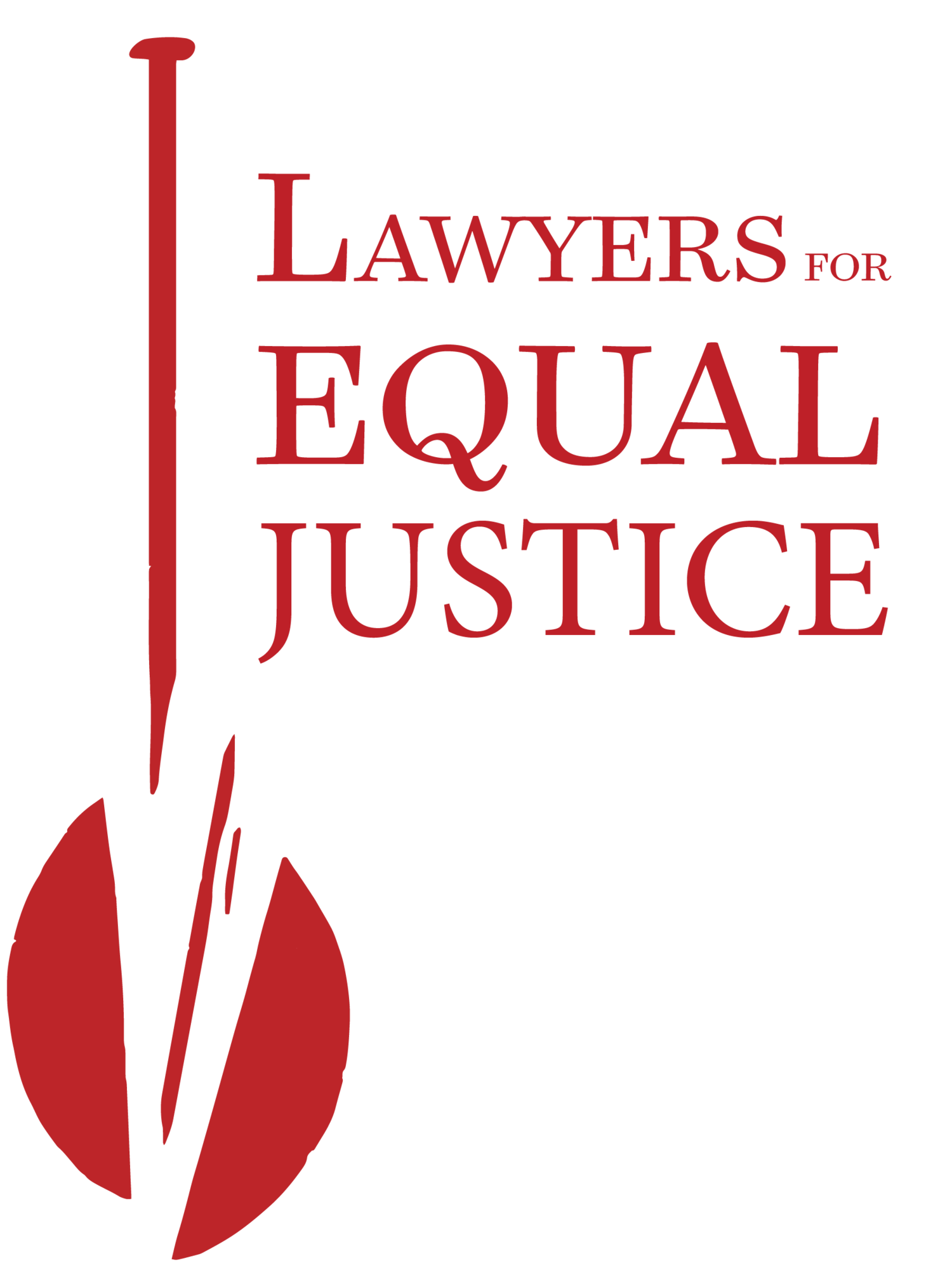Federal judge rules state DOE must fulfill its obligation to Hawaiʻi homeless children
HONOLULU, Hawaiʻi — U.S. District Court Chief Judge Helen Gillmor has ordered the Hawaiʻi Department of Education (DOE) to change its enrollment procedures to ensure equal access for homeless children. After hearing from civil rights groups and attorneys representing three homeless parents and their five children on February 11, 2008, Judge Gillmor granted their motion for preliminary injunction in part and their motion to proceed as a class action.
The lawsuit, filed by Lawyers for Equal Justice (LEJ), the ACLU of Hawaiʻi (ACLU), and the law firm of Alston Hunt Floyd & Ing (AHFI), charges state and DOE officials with ignoring their legal obligations to provide homeless children with equal access to a free and appropriate public education in violation of the federal McKinney-Vento Homeless Assistance Act. The lawsuit also charges state officials with violating constitutional requirements to provide equal access to public education without regard to the status of homelessness.
“The DOE’s disregard of the McKinney-Vento Act has virtually guaranteed that the poor and homeless children of Hawaiʻi will become poor and homeless adults,” said William Durham, an attorney with Lawyers for Equal Justice. “The DOE has ignored these problems for years, and it is deplorable that these children needed a court order from a federal judge for the DOE to do the right thing and comply with the law.”
Durham explained that, because homeless families are often required to move from place to place in search of shelter, schools are often a tremendously stabilizing force for homeless children. The DOE admits that, if families are forced to move out of their school district and transfer schools—even once—students can easily lose two to six months of educational progress.
The McKinney-Vento Act, passed by Congress in 1986, funds states to remove barriers to homeless children’s receipt of a public education. Hawaiʻi requested and received about $200,000 last year. The act also requires the DOE to identify homeless students and inform them of their rights. Under the act, a student is “homeless” even if she or he is living in a shelter (including every kind of emergency or transitional shelter), living “doubled up” with friends or family, living at a motel, or living on the beach. DOE documents show that there are tens of thousands of homeless and “hidden homeless” in Hawaiʻi, many of whom are school-aged children.
In deciding for the plaintiffs, Judge Gillmor found that the DOE’s current enrollment process and data collection procedures actually thwart the purposes of the act, forcing homeless families to overcome daunting bureaucratic hurdles just to stay in school. Judge Gillmor ruled that the DOE must do more to identify homeless children and ensure that they are allowed to stay in one school. She also ordered that this case can proceed as a class action, meaning that the court’s ruling will benefit all homeless families in Hawaiʻi.
Paul Alston, president and director of the law firm Alston Hunt Floyd & Ing, argued the motions before the court on Monday. He described the DOE as completely failing in its obligations: “This year they (the DOE) know they’re serving only 300 homeless kids and only 20 out of 18,000 hidden homeless kids. It’s just a disaster and they’re simply not doing what the federal law requires.”
“The DOE’s current procedures are nonsensical” said Daniel Gluck, senior staff attorney for the ACLU of Hawaiʻi. “The DOE blames homeless parents for not knowing their rights, but the DOE has done virtually nothing to let parents know what their rights are in the first place. This is compounded by the fact that the DOE’s own enrollment forms and administrative rules are illegal, actually preventing these children from being identified and helped.”
The lawsuit names as defendants Judy Tonda, Department of Education (DOE) Homeless Coordinator; Patricia Hamamoto, DOE Superintendent; Robert McClelland, DOE Systems Accountability Office Director; Board of Education members Karen Knudsen, John Penebacker, Herbert Watanabe, Breene Harimoto, Dr. Eileen Clarke, Dr. Lei Ahu Isa, Kim Coco Iwamoto, Mary Cochran, Maggie Cox, Cec Heftel, Denise Matsumoto, Donna Ikeda, and Garrett Toguchi; and Dr. Chiyome Fukino, Department of Health Director.
###
Lawyers for Equal Justice is a legal aid organization that was created in 2001 to complement existing legal service providers that assist financially disadvantaged people. LEJ engages in legal advocacy, including the bringing of class actions, to assist low income individuals and communities in the enforcement of their rights and the obtaining of benefits under the law or governmental policies and regulations.
The mission of the ACLU of Hawaii is to protect the fundamental freedoms enshrined in the U.S. and State Constitutions. The ACLU of Hawaii fulfills this through legislative, litigation, and public education programs statewide. The ACLU of Hawaii is a non-partisan and private non-profit organization that provides its services at no cost to the public and does not accept government funds. The ACLU of Hawaii has been serving Hawaii for over 40 years.
Alston Hunt Floyd & Ing, one of Hawaiʻi’s largest law firms, represents clients in resolving disputes in federal and state court and other dispute resolution forums. The firm presently represents clients including substitute teachers and others, in numerous class actions against the State of Hawaiʻi.
